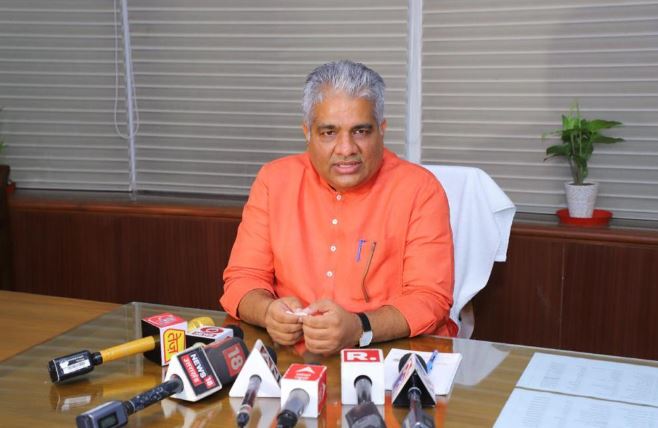India’s Ministry of Environment, Forest and Climate Change (MoEFCC) has unveiled a bold new framework to strengthen the enforcement of environmental laws and combat pollution offenses. The draft Environment (Protection) (Amendment) Rules, 2024, introduce a robust adjudication process, grant quasi-judicial powers to bureaucrats, and establish an Environment Protection Fund.
New Adjudication Paradigm for Environmental Offenses
The draft rules mark a significant shift in the adjudication of environmental offenses under the Environment Protection Act, Air Act, and Water Act. Bureaucrats will now possess quasi-judicial authority to investigate and penalize violations, streamlining the process and enhancing efficiency.
Environment Protection Fund: A Catalyst for Conservation
A cornerstone of the new rules is the establishment of an Environment Protection Fund. This dedicated fund will be replenished with penalties imposed for environmental offenses, creating a financial resource to support critical environmental initiatives.
Streamlining Enforcement and Deterrence
The amendments were prompted by the passage of the Jan Vishwas (Amendment of Provisions) Bill, 2023, which decriminalized certain environmental offenses. Imprisonment for several violations has been replaced with monetary penalties, ranging from ₹10,000 to ₹15 lakh. This strategic move aims to expedite enforcement while maintaining a strong deterrent effect.
Key Provisions of the Draft Rules
The draft rules outline the appointment process for adjudicating officers at both state and central levels. These officers will wield powers similar to those of a civil court, enabling them to summon accused individuals, request documents, and gather evidence. Non-payment of penalties within 90 days could lead to imprisonment of up to three years, a fine twice the penalty amount, or both. The National Green Tribunal will serve as the appellate authority for any challenges to the adjudicating officer’s decisions.
Environment Protection Fund: A Multifaceted Resource
The Environment Protection Fund, as envisioned in the rules, will play a pivotal role in supporting a wide array of environmental activities. These include research, capacity building, environmental damage assessment, and remediation of contaminated sites. Additionally, the fund could be utilized for the installation of crucial air and water quality monitoring stations.
Table: Key Learnings from India’s New Environmental Rules
| Aspect | Details |
|---|---|
| Focus | Streamlined adjudication of environmental offenses |
| Authority | Quasi-judicial powers for bureaucrats |
| Funding | Environment Protection Fund |
| Penalties | Monetary fines replacing imprisonment for some offenses |
| Enforcement | Enhanced efficiency and deterrence |
In Summary:
India’s draft Environment (Protection) (Amendment) Rules, 2024, represent a significant step forward in the nation’s commitment to environmental protection. By empowering bureaucrats with quasi-judicial authority, establishing a dedicated Environment Protection Fund, and streamlining the adjudication process, India is poised to strengthen its environmental enforcement and foster a more sustainable future.
Soumya Smruti Sahoo is a seasoned journalist with extensive experience in both international and Indian news writing. With a sharp analytical mind and a dedication to uncovering the truth, Soumya has built a reputation for delivering in-depth, well-researched articles that provide readers with a clear understanding of complex global and domestic issues. Her work reflects a deep commitment to journalistic integrity, making her a trusted source for accurate and insightful news coverage.



